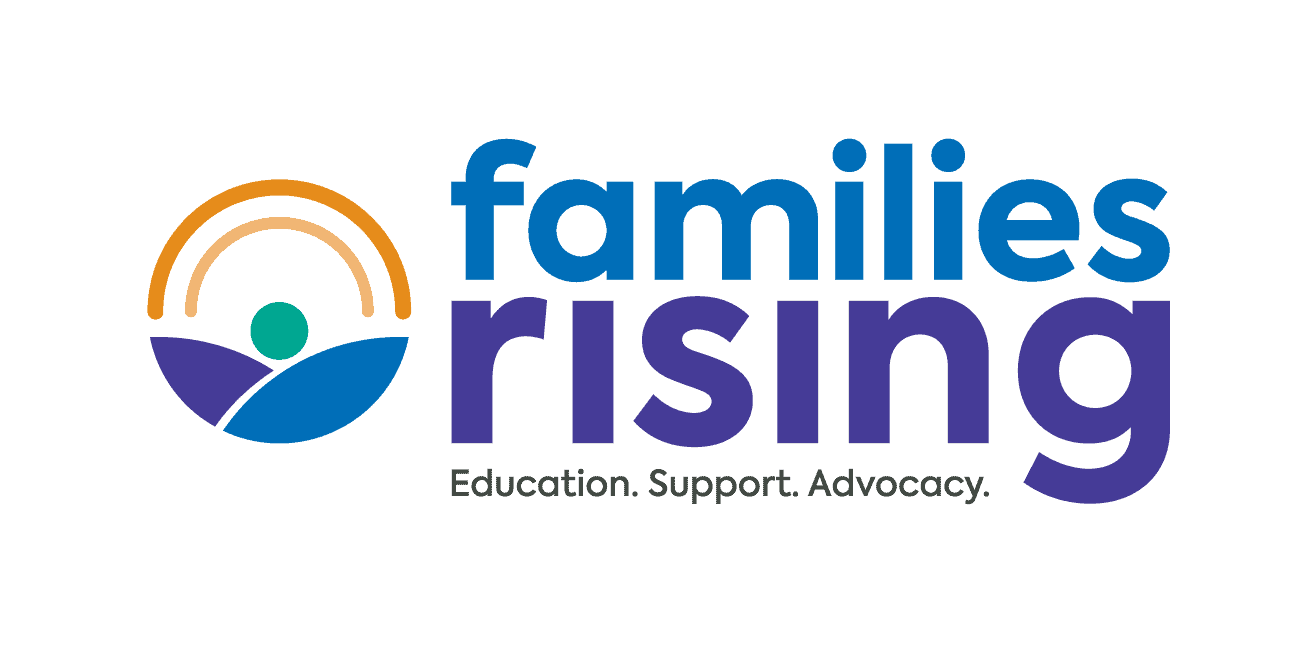There are a lot of factors we can’t control about our lives. Our bodies, our family, what’s happened to us, where we are (to a certain extent). Fortunately there is a part of this equation, which is dictated by the quality of our reaction and the types of choices we make. That’s what self care is!
Self care is an important component of everyone’s life whether they consciously practice it or not. It’s a culture of habits, hobbies and actions that we practice as a way of helping ourselves. When you become more aware of the actions and situations that you respond positively to you can use these experiences constructively to both heal from trauma and also increase your general sense of wellness and emotional security.
Before we talk more about self care is, I want to briefly go into some of the situations that might prompt you into needing it.
A trigger is a response to a person, situation, event, dialogue, or other content providing entity that provokes a strong emotional response from us. Often we are not self aware when we are triggered, and tend to react before we can sift through our strong emotional response. An important aspect of self care simply comes from knowing yourself well enough to understand when it’s time to do something to positively impact your mood and self sustainability. Knowing your triggers and what is most effective for alleviating your negative reactions to them comes with a lot of practice and experimentation.
A few things you should know about triggers:
- They look different for different people.
- They tend to get better over time.
- Unmanaged triggers can manifest as new trauma if they are not soothed.
Physical Self Care
A large component of our internal wellness has to do with how well we physically take care of our needs. Although external and internal wellness appear separate, in many cases they’re actually interwoven and effect our ability to perform the other. One example of this might include when a person is sick. Although your illness is only directly affecting your physical body, the manifestation of that illness may also cause you to be irritable or emotionally exhausted, thus branching from a physical un-wellness to an emotional one.
Maintaining physical self care can actually be very simple. Physical wellness tends to be more black and white than emotional wellness and is often taken care of through the natural process of you going about your day.
Some common physical self care practices include:
- eating healthy
- exercising and other physical activates you enjoy
- receiving treatment for a condition or illness
- getting a massage
- maintaining personal hygiene
- dressing and expressing your identity in a way that makes you feel confident and safe
- getting enough sleep
Emotional Health Care
People who have good emotional health are aware of their thoughts, feelings and behaviors. They have learned healthy ways to cope with the stress and problems that are a normal part of life. They feel good about themselves and have healthy relationships.
Similar to how your physical wellness can impact your emotional wellness, being emotionally compromised can also effect your body. Sometimes when our minds perceive a challenge or a danger it sends out a physiological response to the body. This is why our heart sometimes races when we’re scared, in love, or mad. Although these effects are often experienced only short term, sometimes the over stimulation of these responses through trauma or high levels of stress can continue to incite these responses in a way that has lasting negative consequences on our bodies ability to cope with difficult situations.
Some things you could do as part of your emotional self care include:
- take a break from activities, people, and challenges that stress you out
- find activities that build on you as a person
- write in a journal (Pro tip: Make a list of at least three things that were exceptional or made you happy that day)
- spend time with people you enjoy
- be honest and open about expressing your identity with others
- communicate how you’re feeling to the people within your support network
- challenge yourself to try something new.
- take time for self reflection
Mental Health Care
Despite the amazing amount of personal energy we can put into bettering our lives and our internal environment, there are some aspects of who we are that are mostly out of our control. One of these aspects is our psychological state of mind.
Unlike our emotions, many times our psyche is independent from the external world of what’s happening or has happened to us. Psychological conditions like depression, bipolar disorder, PTSD, schizophrenia, and anxiety are all physiological disorders affecting the brain. These conditions have the potential to hinder our ability to cope with every day stressors and can sometimes even be triggered by some of the common traumas associated with foster care and adoption.
Sometimes people with a mental health diagnosis feel as if they have no power over their wellbeing. Fortunately there are still many psychological self care practices that you can engage with to help yourself. Unlike the other self care practices that we’ve talked about today However, sometimes psychological self care requires you to reach out to others.
Some examples of psychological self care include:
- therapy
- medication
- asking for help
- forgive yourself (your responses to mental illness are just a part of you, not the whole of you)
- identify someone in your network of supportive people to confide in when you feel out of control.
Negative Coping Strategies
Not every coping mechanism that alleviates our stress and pain is useful. There are some self care practices you may find that help you in the short run but ultimately hurt your ability to cope long term.
It’s very common for people who are experimenting with self care practices to stumble across a practice that seems to help them but does one of the following things instead:
- causes self harm
- stops you from being able to go about your day normally
- hurts your relationships with other people
- makes you completely dependent on being able to perform that action in order to feel okay
You can learn more by reading another article on compassion fatigue.


